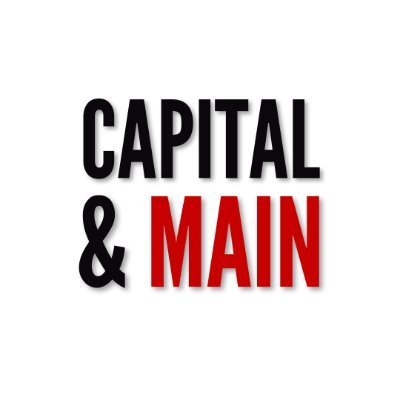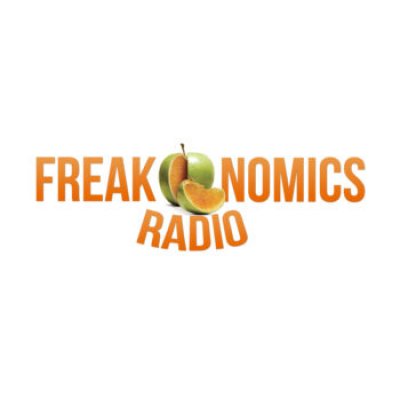Elena Prager
Assistant Professor of Economics University of Rochester
- Rochester NY
Prager is an empirical economist and an expert in the industrial organization of health care markets and labor markets.
Areas of Expertise
Social
Biography
Education
The Wharton School | University of Pennsylvania
PhD
Managerial Sciences and Applied Economics
2016
The Wharton School | University of Pennsylvania
MS
Health Care Management
2013
York University
International BBA
International Business Administration
2011
Affiliations
- National Bureau of Economic Research
Selected Media Appearances
New Orleans Nurses Fight for a New Union as Hospitals Merge and Revenues Soar
Capital & Main online
2024-02-09
Indeed, a 2021 study found that health care workers’ wages stagnate when hospital mergers increase market concentration. “Over a few years, it adds up,” said Elena Prager, one of the study’s authors and a professor at the University of Rochester. She added that stagnation is typically worst in the communities with the highest levels of concentration — such as New Orleans with its newly minted duopoly.

Republicans push for more work requirements in debt ceiling negotiations
National Public Radio / Here & Now radio
2023-05-25
Here & Now's Scott Tong speaks with Elena Prager, assistant professor of economics at the Simon Business School at the University of Rochester, about what the research tells us about the impact of work requirements.

Unions Accuse UPMC of Wielding Market Power Against Workers
The New York Times print
2023-05-18
This would be the first case to rely primarily on the argument that a powerful health care employer is using its clout in ways that harm workers, and prosecutors must decide whether they have strong enough evidence to take action. “They’re not going to want to fight a case they don’t think they can win,” said Elena Prager, an economist at the Simon Business School at the University of Rochester who has served as a visiting scholar with the Justice Department.

Kroger aims to be America's grocery store. The Biden administration may have other ideas
Louisville Courier Journal print
2023-03-29
Two colliding forces may control where millions of Americans shop for groceries in the coming years: Kroger, and a team of Biden administration lawyers. Six months after Kroger proposed one of the largest retail takeovers in history, regulators remain silent on whether they will permit or fight the $25 billion merger with rival grocer Albertsons.

Do You Know Who Owns Your Vet?
Freakonomics Radio online
2023-01-25
When small businesses get bought by big investors, the name may stay the same — but customers and employees can feel the difference. Let’s be clear: private equity is coming for your pet. Elena Prager offers an economics lesson on the meaning of "monopsony."

You Deserve a Bigger Paycheck. Here’s How You Might Get It.
The New York Times print
2021-09-23
In highly concentrated labor markets, wages fall — as economic theory would predict. For example, Elena Prager and Matt Schmitt examined hospital mergers and found that when hospitals expand through mergers and gain significant market power, the wage growth of employees declines. Notably, this decline affected skilled health care professionals like nurses — but not administrators and unskilled staff members like cafeteria workers, who could easily find jobs outside hospitals.

Work rules for SNAP benefits don’t lead to more people working, study finds
National Public Radio / Marketplace radio
2021-06-10
Work requirements “are indeed a direct cause of many people leaving SNAP,” said Elena Prager, a professor at the Kellogg School of Management at Northwestern University and another of the researchers. “Almost a quarter of people who are on SNAP end up losing their SNAP benefits as a direct result of work requirement implementation,” she said.

Does Requiring Food-Stamp Recipients to Work Actually Increase Economic Self-Sufficiency?
Kellogg Insight online
2020-10-01
The U.S. is one of the only wealthy countries that requires people receiving food stamps or similar benefits to work in order to continue to qualify for the aid program.
“The U.S. is quite unusual in how much it relies on work incentives for programs that in other countries would just be pure social safety net or welfare programs,” says Elena Prager, an associate professor of strategy at the Kellogg School. “The policy motivation is that it’s better to teach someone to fish than to just give them a fish.”






